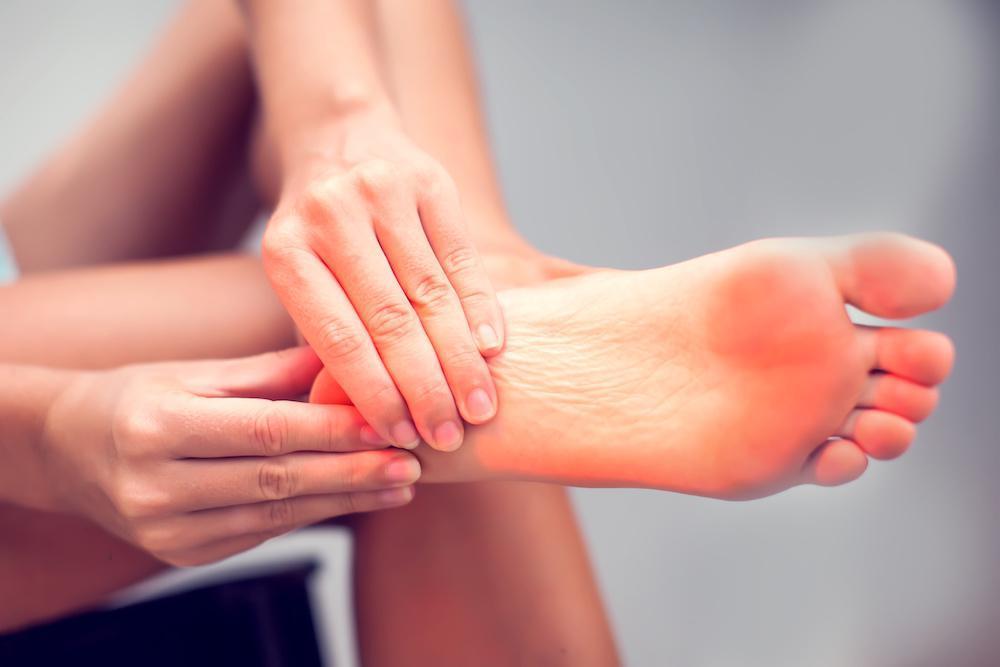
5 Reasons to See a Doctor About Heel Pain

Your heel has been aching, twinging, or otherwise hurting. Have you been recently injured? Does your heel pain indicate an underlying medical problem? When should you see a doctor about heel pain?
At the Center for Orthopaedics and Sports Medicine, Dr. Michael L. Blackwell and his team of foot and ankle experts can help you out with heel pain problems. Dr. Blackwell treats patients from his offices in Tomball, Kingwood, and The Woodlands, Texas.
Here are some of the reasons why you might need to see Dr. Blackwell about your heel pain.
1. Loss of motion
If you have heel pain symptoms like an inability to bend your foot downward or stand up on your toes, it might be time to see a doctor. In general, if you can’t walk normally due to heel pain, it’s time to get in touch with Dr. Blackwell.
Loss of range of motion can signal underlying issues that make a prompt diagnosis and treatment so important.
2. Numbness, tingling, swelling, or fever
If your heel pain is severe, and you start to see swelling in the affected area, get in touch with Dr. Blackwell right away. You should also watch out for heel pain accompanied by fever, or by sensations of numbness and tingling.
Heel pain due to causes like plantar fasciitis can worsen over time without the right diagnosis and treatment. Even if your heel pain is only a mild problem now, it might be time to make an appointment with Dr. Blackwell so the pain doesn’t worsen or even become debilitating.
3. Pain that doesn’t get better with time or rest
If you have severe heel pain immediately after an injury, get checked out right away. Lingering heel pain that doesn’t get better after sleep or rest, or that isn’t improving after weeks of at-home care, also needs a professional diagnosis and treatment options.
4. Concerns about complications
If your heel pain is related to an injury in a part of your foot like a bone or tendon, you risk complications without prompt treatment.
Strains could become tears, infection can develop around bone breaks, and using your foot wrong due to heel pain increases overall wear-and-tear on your feet and ankles, putting you at an increased risk of podiatric and other mobility complications.
5. Concerns about reinjury
If you’re a competitive or amateur athlete, you want to recover fully from any foot and heel issues. The type of full recovery needed to return to competition often requires the care of a sports medicine specialist like Dr. Blackwell.
If you have heel pain that’s severe, related to any type of injury, accompanied by a fever, or otherwise of concern, contact Dr. Blackwell at the Center for Orthopaedics and Sports Medicine today. Book your initial consultation online or over the phone now.
You Might Also Enjoy...


5 New Year's Resolutions for Stronger, Healthier Joints

Managing Joint Pain During the Holidays: A Survival Guide

Recognizing Stress Fractures Before They Get Worse

Fall Sports Injuries: When to See an Orthopedic Specialist

